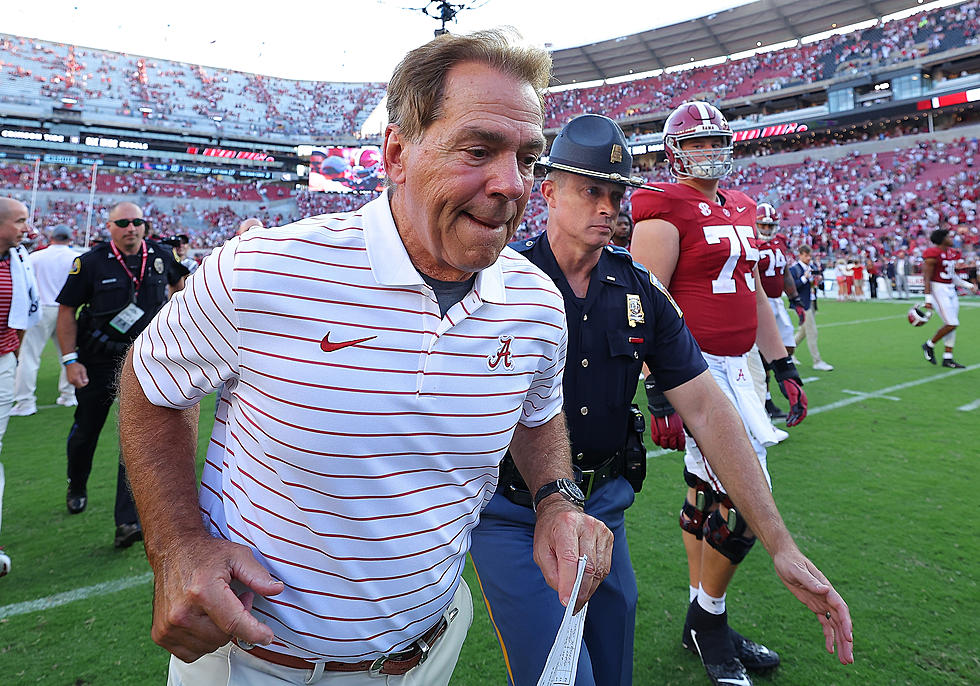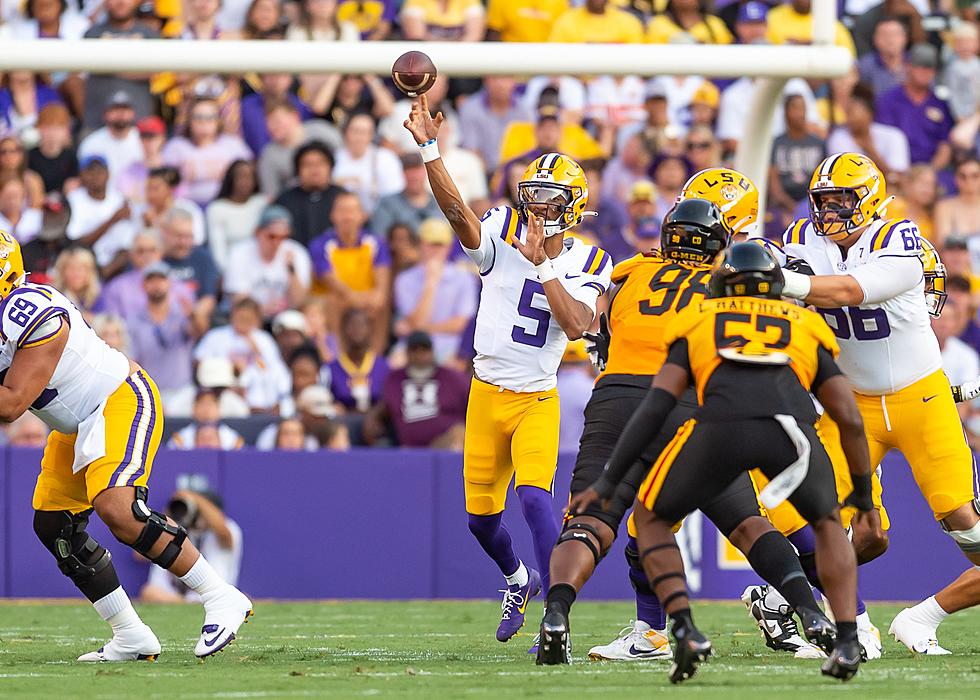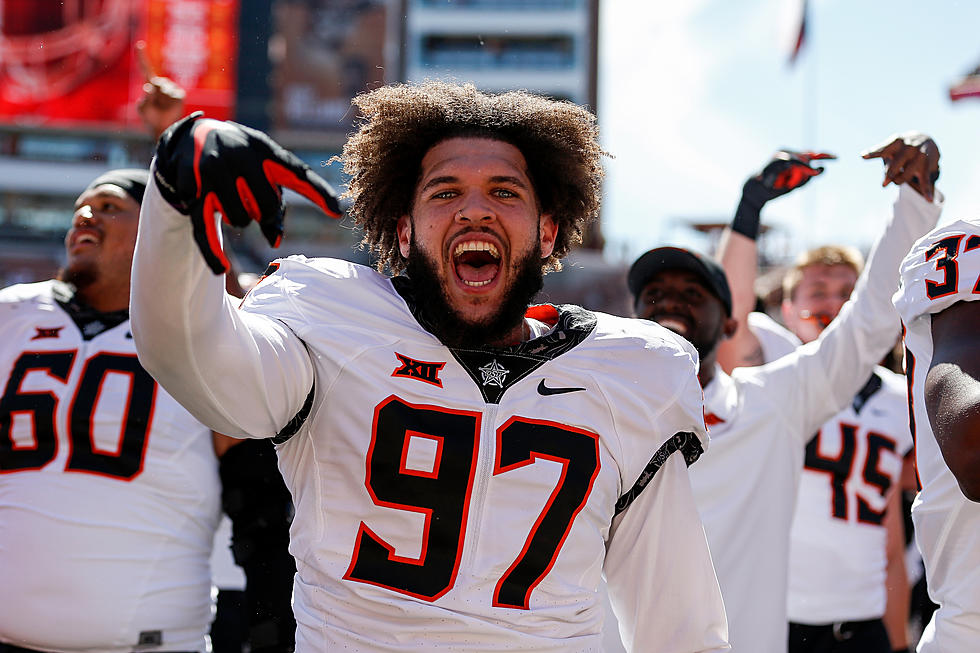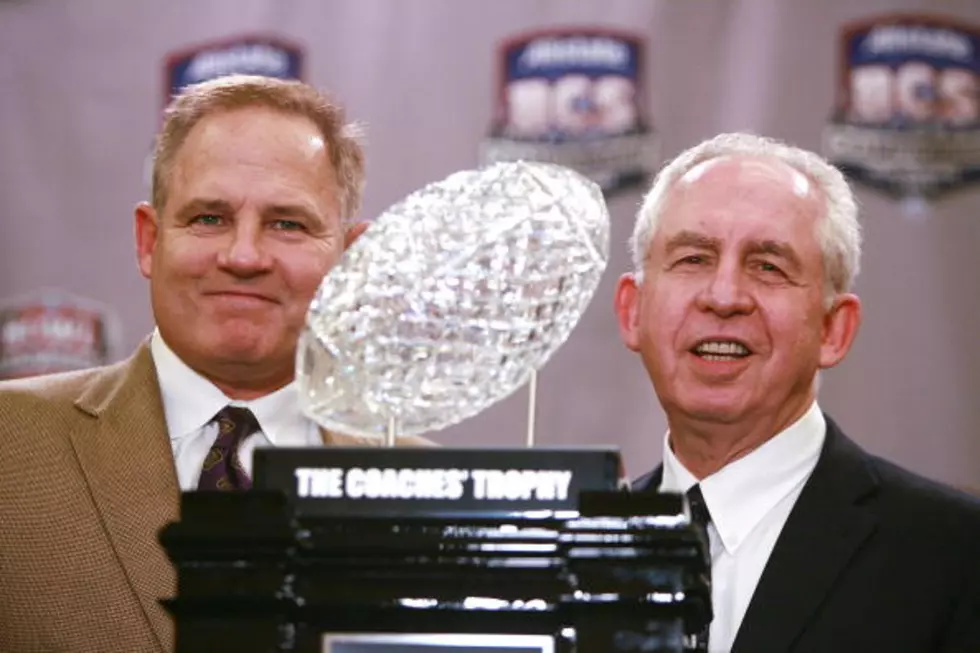
From the Bird’s Nest: Slive’s Proposals Have Merit
Yesterday, the annual zoo that is Southeastern Conference Media Days got underway. Normally, Commissioner Mike Slive would be touting the fact that the SEC has won the last five BCS football titles, the last three NCAA baseball titles and the financial state of the league.
Not this time.
Yesterday, Slive, who just saw LSU hit with NCAA probation for "major" violations in its football program and is waiting for the NCAA to hammer Tennessee and possibly Auburn, was in no mood to be saying "all is well."
He spoke of the lack of confidence fans have in the product of collegiate athletics, pointing at NCAA investigations at USC, Ohio State, Oregon and North Carolina. And, he said, it's time for some changes to be made.
And, while some of these changes are pretty radical, it's time for those who run the business of intercollegiate athletics to take a hard look at what is being proposed.
Slive once again brought up the "full cost of scholarship." That's a politically correct way of saying it's time to put some money in players' pockets. It's estimated that $3000 a year would cover a student-athletes needs outside of room and board, tuition and books. Now, don't think for a second that this would fly only for football. There's no difference between the "need" of a football player and that of a javelin thrower. The minimum amount of scholarships that an FBS school can offer is 200. The bottom tier of Division I-A offers that. The upper crust gives considerably more. That means, at a minimum, a school would be paying $600,000 a year in "full cost of scholarship" over an above what it's costing now.
While Slive's idea has some merit, there are a couple of better ways to do it.
One is to do nothing. We've heard for years from coaches who believe the scholarship as it stands right now is unfair. It doesn't give the student-athlete the basics he/she needs to survive. They never talk about Pell Grants, which can cover what the student-athlete needs, or, God forbid, getting a summer job. No, coaches want their players on campus, going through summer workouts. God forbid something like a job would get in the way of that. But the combination of employment and Pell grants would give that player what he/she needs for the coming school year.
No, this isn't about taking care of the student-athlete's needs. This is more about continued separation between the AQ conferences (the Big Six, if you will) and the other leagues.
But if, in fact, there is something that needs to be done, base it on need. If a family's income is above a certain level, the player gets nothing. If it's below that level, it's done on a sliding scale.
Slive also wants scholarships to be multi-year. He wants a four year commitment from the Universities to the players.
Coaches are going to hate that idea.
Slive's proposal isn't cut and dried. A player could have his/her scholarship revoked if they under-perform in the classroom or for insubordination. Coaches and Universities would still have the right to take away a scholarship for those reasons. And, those are good reasons.
But coaches would no longer have the option of taking away a scholarship simply because the player wasn't as good as the coach thought when he was recruited.
And, that works for me.
A player who works hard in the classroom and does what he/she is supposed to do off the field of play deserves a commitment. If the coach make a talent-evaluation mistake, that's on the coach. We try to teach young people to be accountable. Maybe it's time to teach the coaches the same. The purpose of a college scholarship is, always has been, and always should be to help a student-athlete get a degree in order to succeed in life. This proposal would put some teeth into that tenet...and I applaud the Commissioner for his idea.
Slive also wants to raise the GPA requirement for eligibility. On the surface that looks like a pretty radical idea. But in reality, it isn't.
Right now a player must hold a 2.0 GPA in his core classes, plus have the proper standardized test score in order to be eligible to play as a freshman. Under Slive's proposal, incoming freshmen who meet the 2.0, but fall short of the 2.5 can still have a scholarship. They can still practice with the team. They just can't play as freshmen.
First of all, the majority of football players redshirt anyway. And, that is true in many other sports as well. So, we're not talking about something radical here. The student-athlete doesn't play. He gets his academics in order. It gives him an extra year of school to finish his/her degree. A better equipped student-athlete on the academic side is more likely to finish degree requirements.
Again, isn't that what this is all supposed to be about?
Slive is trying to take some of the seediness out of college athletics. Raising the academic bar, committing to a student-athlete and giving a better quality of life, Slive believes, will cut down on some of the cheating that goes on.
I don't know if that's true or not.
But most of what he says is a step in the right direction.
More From 103.3 The GOAT









